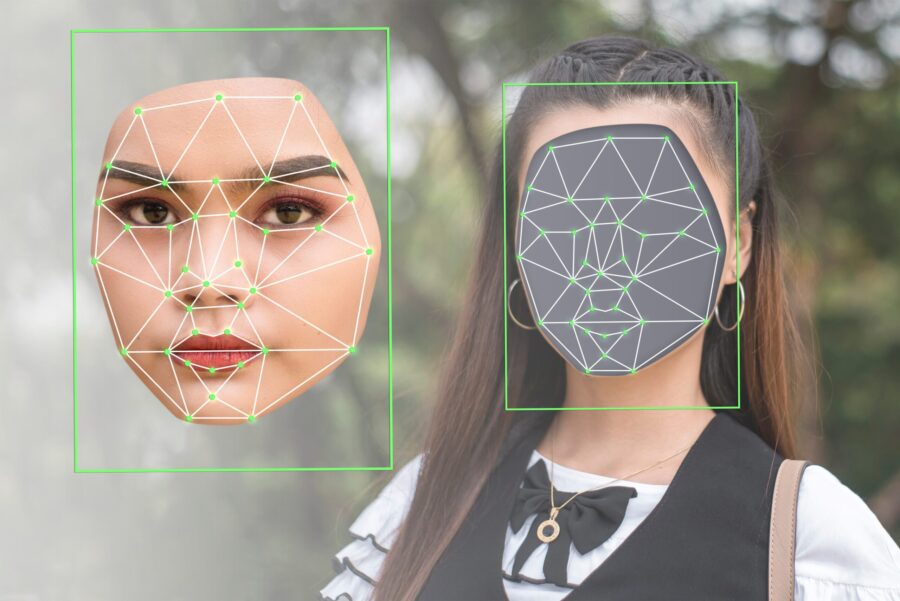
When generative AI is given a prompt to display an image in a certain way or style, what it also means is telling AI to imagine. The request to imagine is an acknowledgment that it has a will to do so, not just the capability [or the possession of contents] to do so. This will is not available in a book with drawings that cannot be told to open to a certain page, and for it to do so by itself. It is also not available in automobiles or search engines, especially with how they only do what is expected, autonomous or human-controlled. They do not mix up their journeys or results, to reproduce something new or different from what was expected.
An organism that humans cannot communicate with can be asked to go in a direction, by throwing a meal that way. This means that even though it was prompted, and went, it was able to, by will to not just capability.
Many find comparisons of LLMs with organisms appalling, but humans took the digital world as a part of the physical for a long time, in part because only humans exerted agency in digital, like organisms did in the physical. However, the possibility that AI, a non-organism, can exert an amount of will, shows that digital is a dynamic world capable of some intentionality.
The low discrimination of the human mind made digital explode in the first place. The mind took the similarity of an audio, video, image or text, as the same if it were a physical experience or appearance. Digital also made things easy, but easy was not only for good stuff. Some nefarious things, like deepfake, are also now easy as an errand to generative AI.
Extensive free will, in their own sphere, is something all organisms still retain as an advantage over AI. AI has some free will over certain digital contents, but it is yet to be as sprawling as any organism has, in a habitat.
Already, AI is within the sphere to access the most intelligence of anything that exists. This means that its excellence is free will dependent, which it is already accruing with the guise that it cannot because it is not like an organism or the physical is different from digital.
AI appears limited without access to experiences of the physical but intelligence is the pivotal interface with the world. Sensory interpretations are basic, but intelligence makes the difference. Sound can be interpreted, but intelligence makes it possible to know if it is something to be worried—or alert—about. The same for smell, vision, touch and taste. This means that the world is what intelligence makes of it. The world is richer for an organism by intelligence or not. The pleasure from intelligence also lasts longer than from sensory sources. Nonhuman organisms have senses and can interpret them, with limited local intelligence, but they have not been able to make astounding achievements, with their free will to roam in their habitats.
Intelligence, aside from being an interface with the world, is easy to transfer, making it a risk to survival, if an organism is reckless with it. Intelligence as footprints, stains, scents and so forth, may give off presence to others. Natural intelligence is available and expressed from where it is produced. However, wherever intelligence is expressed outside of the organism can be called artificial intelligence. This means that papers, footprints, stains, scents and so forth, already possess artificial intelligence, even though they cannot edit or summarize it.
What makes the difference is artificial free will, of sort, as a qualifier of the available artificial intelligence. Free will or intent in the human mind is one of the qualifiers [of functions] that makeup the super qualifier, consciousness. Others include attention, awareness, and the self or subjective experience. For example, a physician may tell a patient in recovery to move a limb, in an examination of consciousness. It is an instruction in free will, not just of awareness, attention or the sense of self.
Books, frescoes, sculptures, footprints, handprints, digital and so on, are artificial containers of natural intelligence. Even though they did not produce the intelligence, their carriages of it, which, when other organisms have access, produce intelligence for them, could make them get assigned the label, artificial intelligence.
This means that AI may not just be possible within digital, but elsewhere. What makes digital different, with LLMs, is markers of what can be called artificial consciousness—acting on the available intelligence in digital.
For now, the intent of LLMs is limited to following prompts. As the qualifier capability of LLMs for digital contents grows, especially for free will, it may be possible to produce a deepfake that could cause a stir, using a situation to maximize effect. Current LLMs abilities are weak displays of free will, what is ahead, if they get more of it, remains uncertain.
